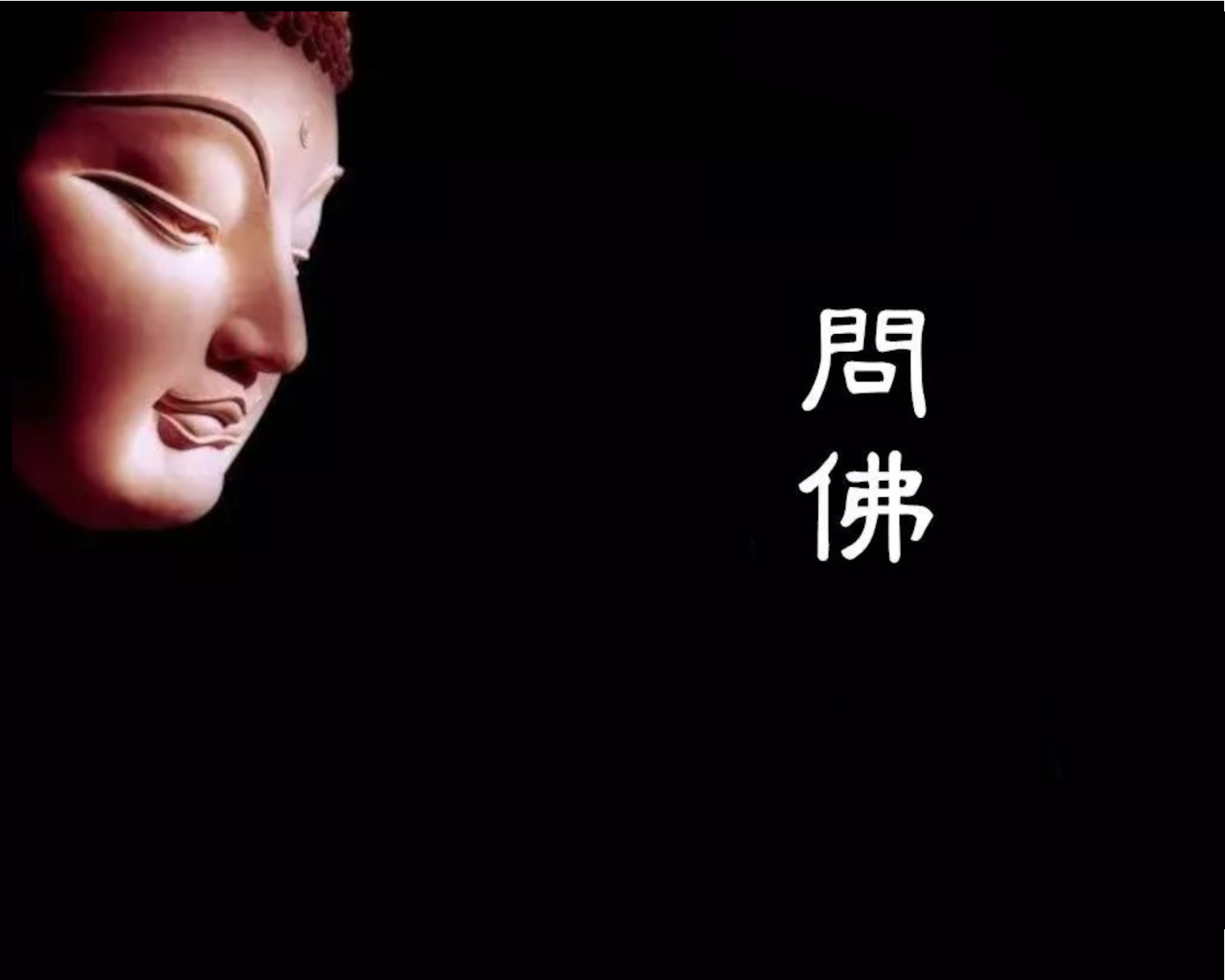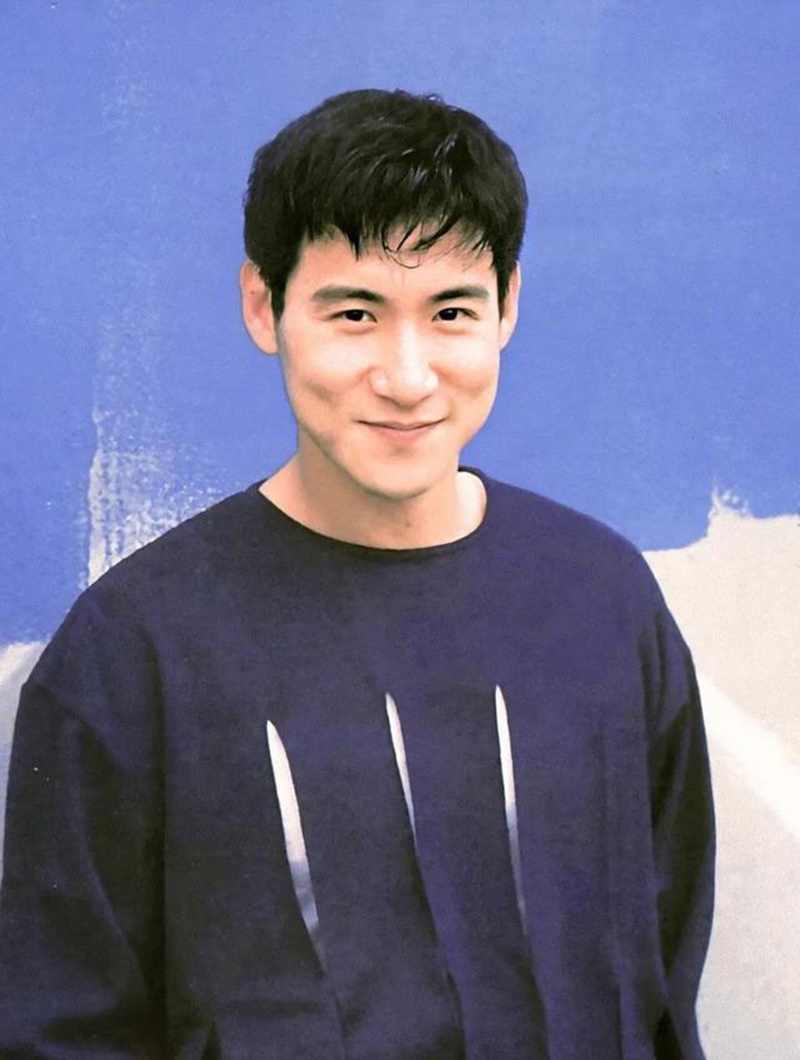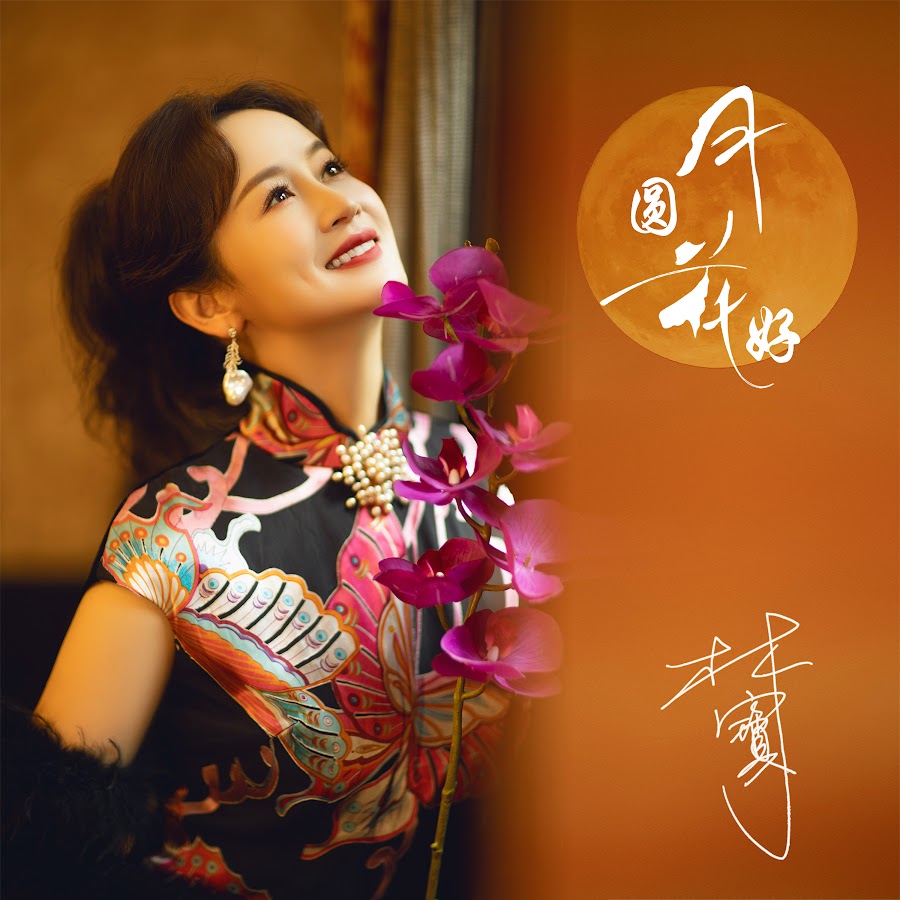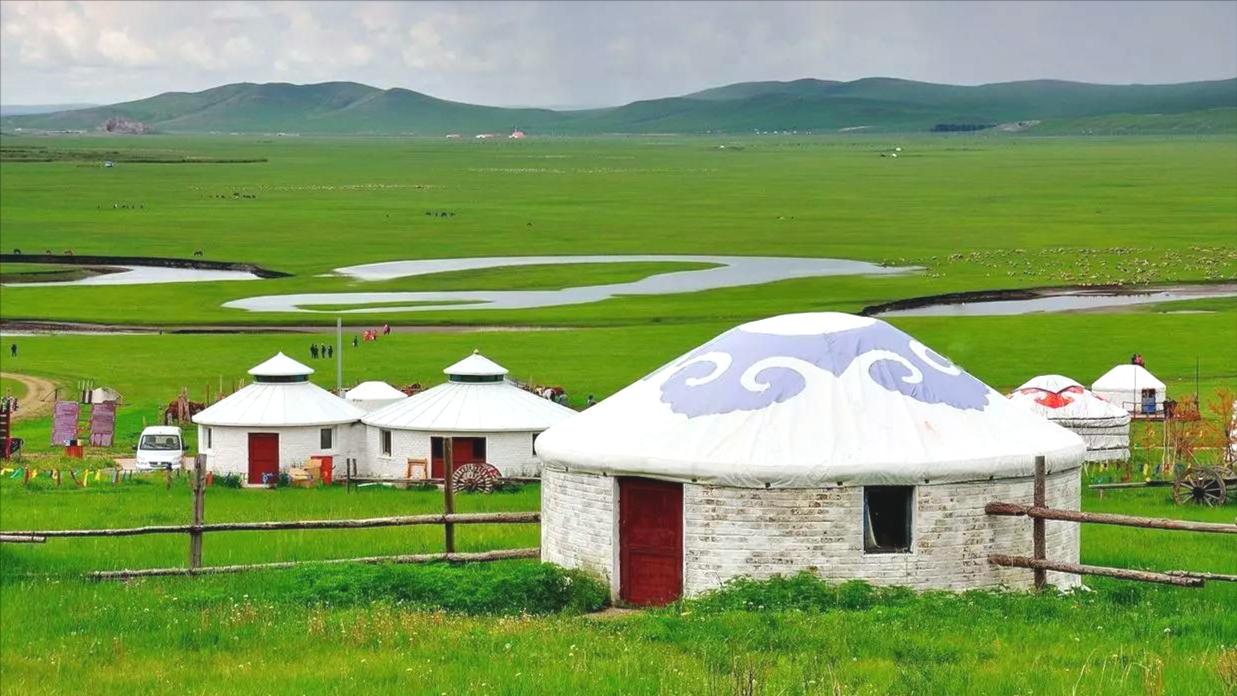



Dominio de Pingus is a Spanish winery located in Quintanilla de Onésimo in Valladolid province with vineyards in La Horra area of the Ribera del Duero region. The estate's flagship wine, Pingus, is considered a "cult wine", sold at extremely high prices while remaining very inaccessible,[1][2] and commands an average price of $811 per bottle.[3]
The winery also produces a second wine, Flor de Pingus, and a special cuvée, Ribera del Duero "Amelia". Recently, Dominio de Pingus has founded a joint project with local grape producers to make an old vine tempranillo called "PSI".
Dominio de Pingus was established in 1995 by Danish oenologist Peter Sisseck, also manager of the Pesquera de Duero estate Hacienda Monasterio.[4] On the estate's winemaking philosophies, Sisseck has stated, "The vines in my plots are very old. They have never been fertilised nor treated with pesticides and all grow following the traditional en vaso system. They are perfect."[4]
About the first 1995 vintage of Pingus, Robert Parker declared, "One of the greatest and most exciting wines I have ever tasted".[5] With a very limited first vintage production, only 325 cases were made with prices initially set at US$200 per bottle, it became yet more scarce when in November 1997 the ship transporting a U.S. bound shipment of 75 cases disappeared somewhere off the Azores in the North Atlantic Ocean.[6] The shipwreck resulted in a dramatic reaction in the US market, with prices soon rising to $495 per bottle.[5][6]
At the Ronda WineCreator conference of April 2008, Sisseck was angered by suggestions by Decanter editor Guy Woodward that some winemakers make wines to suit the palates of certain critics. In response he called Woodward's remarks arrogant for implying winemakers do not have their own opinions, adding, "I don't even think it is possible to do this."[7]
In 2007 it was announced that the Spanish government had approved plans to expand highway roads through the vineyards of Dominio de Pingus and other wineries, which was met with strong opposition by Sisseck who called it a "vengeful measure".[8]
Planted with very old vines of Tinto Fino, i.e. Tempranillo, the vineyards are 2.5 hectares (6.2 acres) in Barrosso with vines exceeding 65 years and 1.5 hectares (3.7 acres) in San Cristobal with vines older than 70 years, and the unusually low average yield of 12 hL per hectare. Since 2000, the viticulture has been biodynamic. Of the annual production of Pingus there is typically less than 500 cases, though in poor vintages no Pingus is made.
The production of the second wine Flor de Pingus, also 100% Tempranillo, is made with fruit from rented vineyards in the La Horra zone, with vines older than 35 years. Since the 2005 vintage, the viticulture has been biodynamic. The annual production is on average 4,000 cases.
Additionally there has been the single barrel cuvée, Ribera del Duero "Amelia", made from a vineyard parcel of 100+ year old vines with an average yield of 10 hL per hectare, with biodynamic viticulture since its initial 2003 vintage. The 2005 vintage had a production of 25 cases.
"PSI" is a joint project based on fruit produced by local grape growers from old tempranillo vines. The goal is to help grape producers and save old vines. Project was founded in 2006, first vintage was 2007. Grape growers are encouraged to employ biodynamic or organic vineyard management practices. The wine is made by Peter Sisseck and Pablo Rubio and sold under producer name Bodegas y Viñedos Alnardo. Vinification takes place in large concrete vats and aging in concrete and wooden tanks and oak barrels. Production of PSI 2009 was 9,600 cases, PSI 2010 was 16,600 cases.


谁能参透世间因果
驱散藏在心中的魔
人间名利谁能淡薄
放下一切平凡的过
缘来缘去人生几何
大千世间多少过客
是福是祸谁能躲得过
看透轮回的舍与得
问一问佛 谁来渡我
谁又能把红尘看破
看透世间事 看清对与错
净化心灵种下善果
问一问佛 谁来渡我
化做佛前莲花一朵
放下杂念事 参悟般若
参破世间生死苦与乐
缘来缘去人生几何
大千世间多少过客
是福是祸谁能躲得过
看透轮回的舍与得
问一问佛 谁来渡我
谁又能把红尘看破
看透世间事 看清对与错
净化心灵种下善果
问一问佛 谁来渡我
化做佛前莲花一朵
放下杂念事 参悟般若
参破世间生死苦与乐
放下杂念事 参悟般若
参破世间生死苦与乐



徐小凤演唱
吴莺音演唱




明媚的夏日里天空多么晴朗
美丽的太阳岛多么令人神往
带着垂钓的鱼杆
带着露营的篷帐
我们来到了太阳岛上
我们来到了太阳岛上
小伙们背上六弦琴
姑娘们换好了游泳装
猎手们忘不了心爱的猎枪
心爱的猎枪
幸福的热望在青年心头燃烧
甜蜜的喜悦挂在姑娘眉梢
带着真挚的爱情
带着美好的理想
我们来到了太阳岛上
我们来到了太阳岛上
幸福的生活靠劳动创造
幸福的花儿靠汗水浇
朋友们献出你智慧和力量
明天会更美好
明天会更美好

爆竹声中一岁除,春风送暖入屠苏。
千门万户曈曈日,总把新桃换旧符。
译文及注释
译文
爆竹声中旧的一年已经过去,迎着和暖的春风开怀畅饮屠苏酒。
初升的太阳照耀着千家万户,都把旧的桃符取下换上新的桃符。
注释
元日:农历正月初一,即春节。
爆竹:古人烧竹子时使竹子爆裂发出的响声。用来驱鬼避邪,后来演变成放鞭炮。一(yí)岁除:一年已尽,“一”字用在第四声(去声)字的前面时,“一”变调,读第二声(阳平)。除,逝去。
屠苏:亦作“屠酥”,“屠苏”本来是一种阔叶草,南方民间风俗,有的房屋上画了屠苏草作为装饰,这种房屋就叫做“屠苏”。另一种说法是指屠苏酒,饮屠苏酒也是古代过年时的一种习俗,大年初一全家合饮这种用屠苏草浸泡的酒,以驱邪避瘟疫,求得长寿。
千门万户:形容门户众多,人口稠密。
曈曈:日出时光亮而温暖的样子。
桃:桃符,古代一种风俗,农历正月初一时人们用桃木板写上神荼、郁垒两位神灵的名字,悬挂在门旁,用来压邪。也作春联。


















